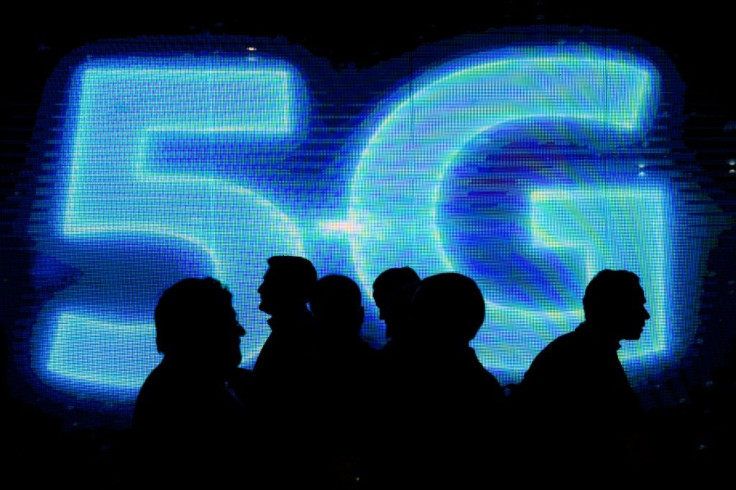Not Everything Fine With 5G In Nigeria

With the fifth-generation technology in Nigeria, the government was aiming to widen broadband penetration and encourage competition. But telecom firms are sulking as Africa's largest economy is yet to prove that 5G services are the need of the hour, so there will be enough takers for it.
Thus, Airtel Africa, Nigeria's third largest telecom operator with 27.57 percent market share, emerged as the sole bidder for a 5G high-speed spectrum license in the second licensing round. Up for grab were: lot 'A' (3400-3500MHz) and lot 'C' (3600-3700MHz).
Standard Network & Connections Limited, which was in the fray in the second round, did not qualify as it failed to pay the intention bid deposit.
Though Standard Network pleaded for an extension, the regulator turned it down to proceed with the assignment stage.
"....Standard Network sent an email appeal for the deadline to be extended by twelve (12) working days which was not acceptable in view of the auction timetable," NCC said.
With a tenure of 10 years, the regulator has set a reserve price of $273.6 million in the second round.
In December last year, the bidding started with a reserved price of $197.4 million, but reached $273.6 billion when it crossed 11 rounds. As Airtel dropped out of the auction, it was awarded to MTN and Mafab.
In the first round, Airtel stayed away from buying it for $273.6 billion, fearing that prices would rise in the second round.
MTN Nigeria, which has rolled out 5G services in Lagos and Abuja with plans to launch in additional five cities, namely Port Harcourt, Ibadan, Kano, Owerri, and Maiduguri, did not participate in the second round though it had expressed interest. Industry experts say the high prices deterred the operator.
The advanced 5G services promise much faster speeds and lower latency with instant access to downloads that take seconds.
According to the industry, the reserve price was overpriced, given that the business prospects of 5G is yet to emerge on a large scale despite MTN launching it.
Already, telecom firms are on a collision course with the government as they have been seeking a price mechanism for their services based on new economic realities.
According to the industry body Association of Licensed Telecommunication Operators of Nigeria (ALTON), the industry is a mute victim to damage to equipment across the country, resulting in revenue loss.
The industry witnessed 40,000 fiber cuts in 2021 and Airtel is staying put with 400 fiber cuts on a daily basis, it said.
ALTON alleged that the government is imposing multiple taxes on telecom firms. It said that more 32 taxes are paid by the industry.
Telecom firms are of the view that the prices quoted in the first and the second rounds of the bidding do not reflect market realities.
But the NCC is in no mood to relent, saying that the reserve prices were market-driven rather than a means to generate income for the government.
Airtel itself is passing through a bad phase. In the half-year 2022, operation costs increased by $189 million, largely driven by the increase in foreign exchange, derivative losses, and a naira devaluation.
It seems Airtel was playing it safe in the first round with a pragmatic approach which it learned from other African markets like Kenya, Tanzania, and Zambia, where it holds a license to run 5G services.
Despite the license in multiple nations on the continent, Airtel Africa has not officially launched 5G services. It was looking forward to Nigeria, its largest market in Africa. Now, the reserve price of $273.6 million has proved too high.
Though 5G services are expected to contribute $2.2 trillion to the global economy by 2034, Africa's largest economy and the most populous nation is yet to prove there are enough business avenues to increase the bottom line of telecom companies.
So, the sole presence of Airtel in a less competitive market.
























